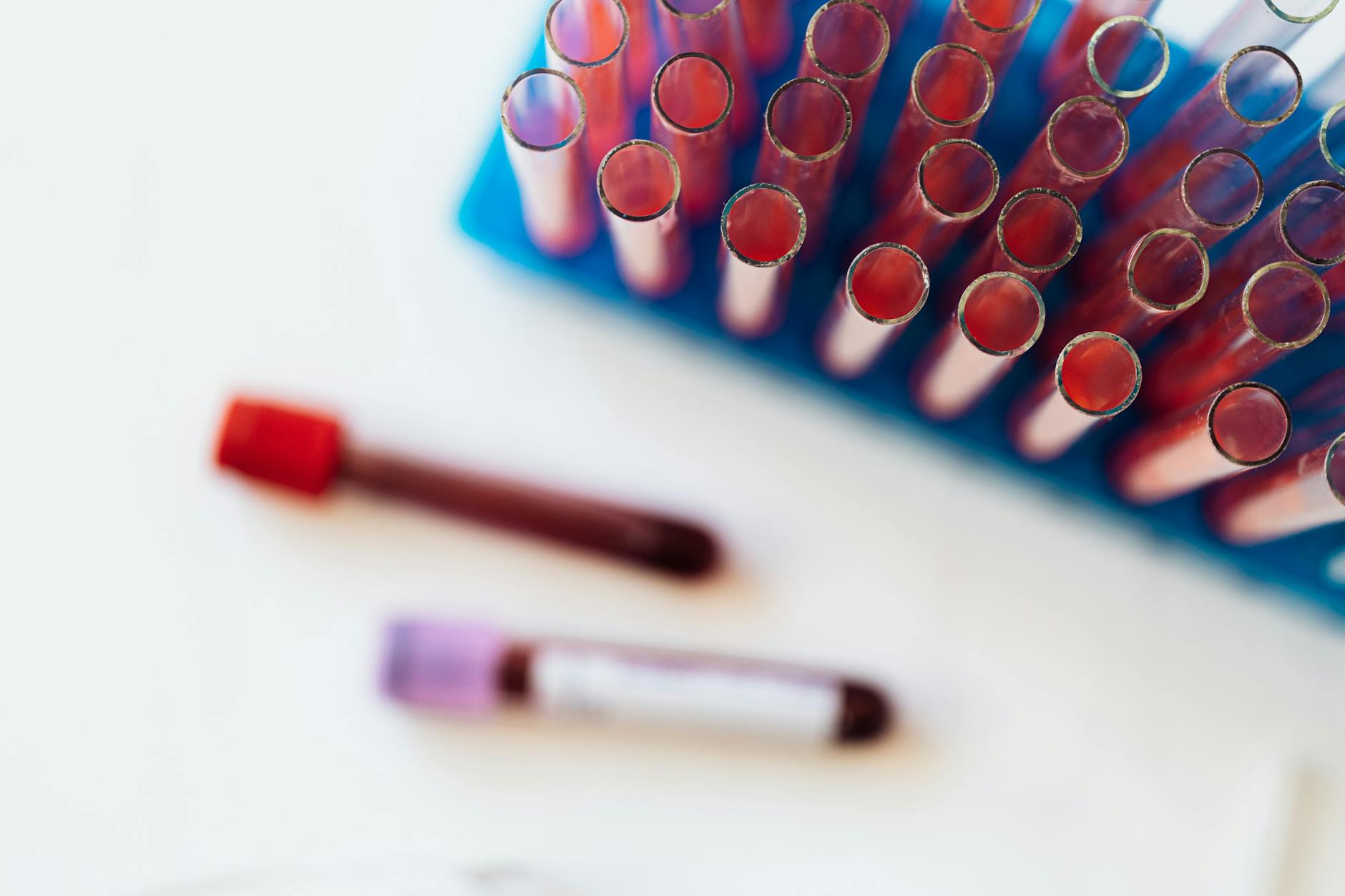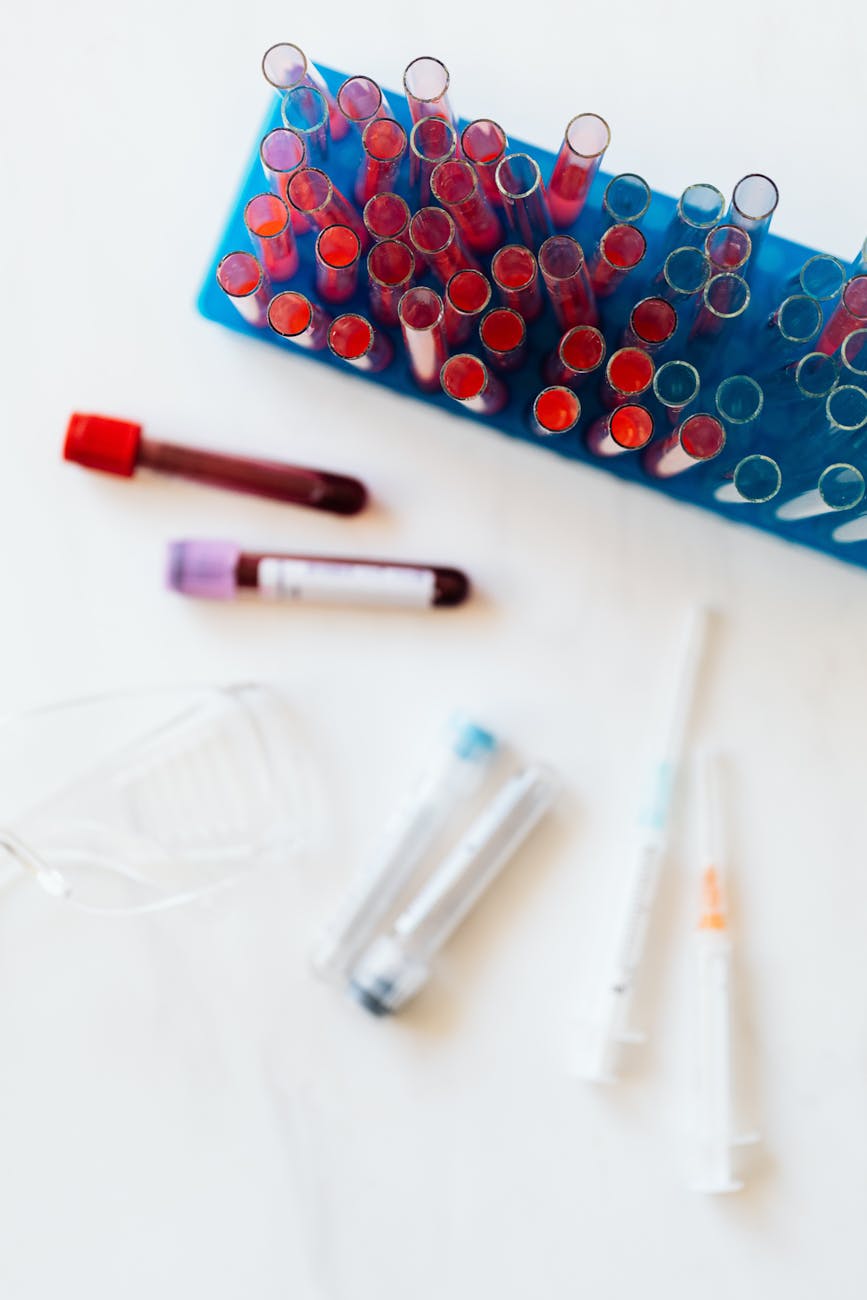
As a hematologist, I’ve dedicated my career to understanding blood health and helping patients manage their conditions. There are many lesser-known aspects of blood health that can significantly impact your well-being. Here, I’ll share some of these critical insights to help you maintain optimal blood health.
Why Blood Health is the Foundation of Overall Wellness
Blood health is fundamental to overall wellness because it affects every cell and organ in your body. Healthy blood ensures efficient oxygen and nutrient transport to tissues while removing waste products. Regular check-ups with a hematologist can help detect potential issues early and keep your blood health in check.
Subtle Signs of Blood Disorders You Should Never Ignore
Blood disorders can present with subtle symptoms that are often overlooked. Symptoms like persistent fatigue, frequent infections, or unexplained bruising should not be ignored. If you experience any of these signs, consult a hematologist for a thorough evaluation. Early detection is crucial for effective treatment.
The Latest Advancements in Hematology: Innovative Treatments You Should Know About
Hematology is a rapidly evolving field with numerous groundbreaking treatments emerging. For example, gene therapy is showing promise for genetic blood disorders, offering new hope for patients. The National Institutes of Health (NIH) highlights these advancements as pivotal in improving patient outcomes and quality of life.
The Essential Role of Nutrition in Maintaining Healthy Blood
A well-balanced diet is key to maintaining blood health. Nutrients such as iron, vitamin B12, and folate are vital for blood cell production and function. Incorporating a variety of fruits, vegetables, lean proteins, and whole grains into your diet can support your blood health. As a hematologist, I emphasize the importance of nutrition to my patients regularly.
Understanding the Emotional Toll of Blood Disorders and the Importance of Mental Health Support
Living with a blood disorder can significantly impact mental health. Patients may experience anxiety, depression, or stress related to their condition. Hematologists recognize the importance of addressing these emotional challenges and often recommend mental health support as part of the treatment plan. Seeking counseling or joining a support group can provide much-needed relief.
How Regular Exercise Benefits Your Blood Health
Physical activity is another crucial component of maintaining healthy blood. Exercise improves circulation, enhances heart health, and boosts overall well-being. Activities such as walking, swimming, and yoga are particularly beneficial. The World Health Organization (WHO) recommends at least 150 minutes of moderate-intensity exercise per week for adults.
Managing Chronic Blood Conditions: The Critical Role of Hematologists
Hematologists play an essential role in managing chronic blood conditions like anemia, leukemia, and hemophilia. They develop personalized treatment plans tailored to each patient’s needs, ensuring the most effective care. The American Society of Hematology (ASH) notes that ongoing research and clinical trials continue to enhance treatment options.

Exploring Cutting-Edge Research and Clinical Trials in Hematology
Hematology research is advancing rapidly, with numerous clinical trials exploring new treatments and therapies. Participating in a clinical trial can provide access to the latest treatments not yet widely available. The National Cancer Institute (NCI) emphasizes the importance of clinical trials in advancing our understanding of blood disorders and developing innovative treatments.
Blood Donation: A Vital Act That Supports Community Health
Donating blood is a simple yet impactful way to support blood health and save lives. Donated blood is crucial for surgeries, trauma care, and treating blood disorders. The American Red Cross underscores the importance of regular blood donations to ensure a steady supply. Donating blood benefits both the recipients and the donors, contributing to overall health.
The Future of Hematology: Exciting New Technologies on the Horizon
The future of hematology is bright, with emerging technologies set to transform the field. Innovations such as CRISPR gene editing and personalized medicine are opening new possibilities for treatment. As a hematologist, I am excited about these advancements and their potential to improve patient care. Staying informed about these developments helps both patients and healthcare providers make better treatment decisions.
